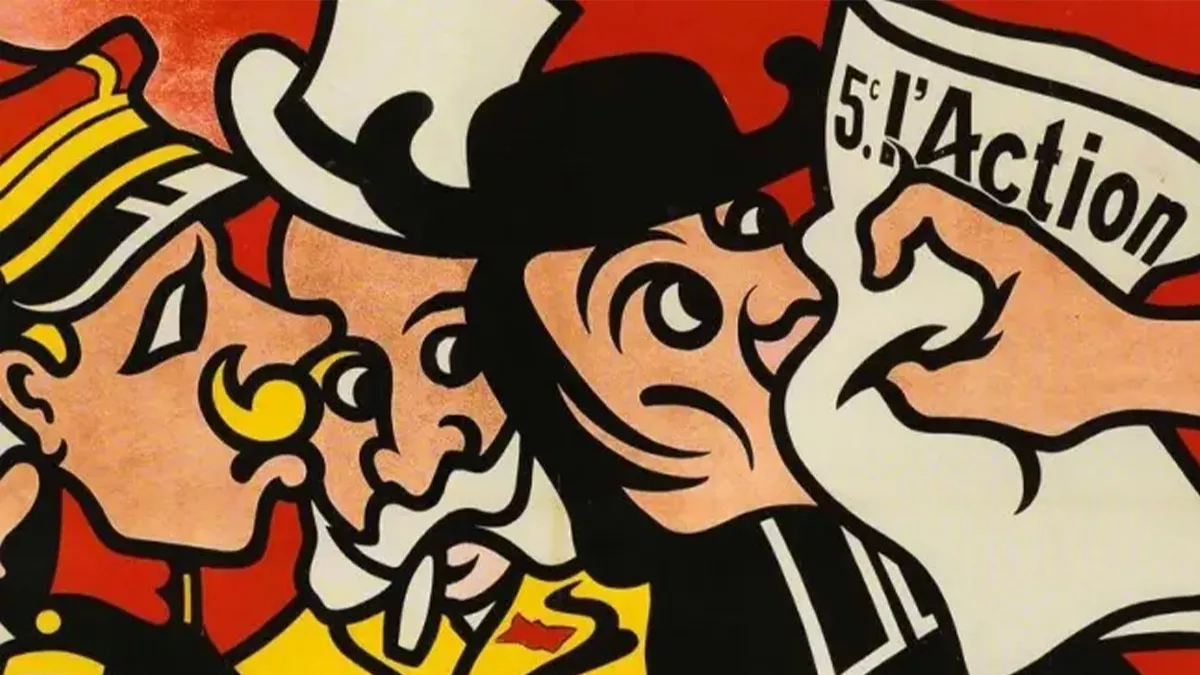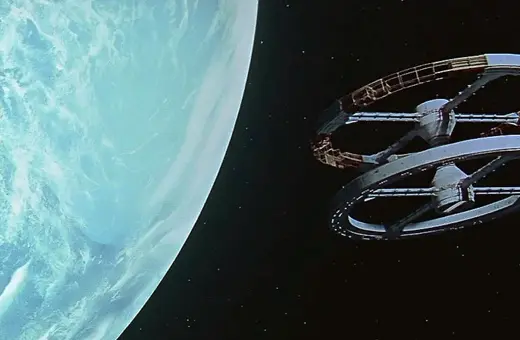The Ukraine ceasefire is reported radically differently across global media, despite each claiming to tell the truth. This exposes the myth of journalistic neutrality – the view from nowhere. Instead of giving up in favour of anything-goes relativism, argues Nina Lyon, pragmatic philosophy offers an alternative: we can use coherence to determine whether a narrative is valid, while acknowledging all reporting emerges from its own context, values and biases.
Open any major news site and, depending on its audience and location, you'll find very different accounts of the Ukraine ceasefire. The BBC leads with concerns about Russian manipulation and lies about its intentions to end the war. Russia’s TASS reports on French and British leaders drumming up further sanctions and a Western military presence in Ukraine. China’s Global Times notes the US making contradictory promises that lack long-term credibility.
The same facts about the same event spawn very different stories. We can write off rival accounts as the propaganda campaigns of our enemies, but this poses its own problem: how can we feel confident that our own reporting is neutral and unbiased, and the best version of what really happened? We like to see the West as the purveyor of objective truth, honed by centuries of empiricism and free speech norms – and the BBC, at least, doesn’t generally have form for stories about bioweapon birds bearing genetically engineered viruses to selectively attack Slavs.
___
We are always making choices when reporting. The facts we report on are our chosen facts.
___
But our claim to objectivity sometimes looks fragile: apparently sober and neutral predictions of an imminent collapse of the Russian economy that would soon end the war don’t look too credible now. There are risks attached to mistaking wishful thinking for the unvarnished truth. Giving up on truth comes with even bigger risks. You end up in a toxic soup of conspiracy theories: that the West faked the Bucha massacre, or the initial invasion was itself filmed by actors for bizarre and nefarious reasons.
SUGGESTED VIEWING Dangerous media for dangerous times With Matt Kelly, Alan Rusbridger
Describing an event in the world entails picking out bits of information about that event: drill down and there is always more detail, another angle, additional evidence to bolster the account. We are, therefore, always making choices when reporting. The facts we report on are our chosen facts. This doesn’t mean that we are inevitably engaged in propaganda, the intentional shaping of stories for manipulative effect. We can choose our facts in good faith, seeking to represent the event as we have witnessed it, or in congruence with the information we can find about it. It is, however, always a choice, due to the impossibility of capturing everything.
This isn’t just a journalistic problem. In this landscape, faced with a smorgasbord of competing narratives to choose from, readers have to balance their desire to identify true information with their own social and psychological biases. We tend to seek out information that validates our existing beliefs and lines up with the opinions of people around us. As social animals, these tendencies are hard to escape.
















Join the conversation